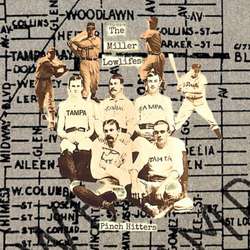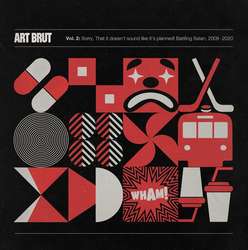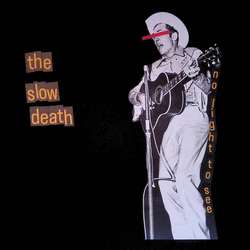Heartbreak in its truest form is one of life's most sobering and unyielding experiences. As the tedious old adage goes: there's a thin line between love and hate. The strength of these emotions can feel like a bizarre tug-of-war. They're not lacklustre, they're arresting, enthralling and all-consuming. If You Wait siphons some of the rawest feelings, left over after picking apart the carcass of a doomed relationship, into song and sets it to a soundtrack of morose electronic melodies and spine-tingling vocals.
The British three-piece's long-awaited début has already been certified platinum, and has seen the band receive the prestigious Ivor Norvello award. Sounding like a collection of conversations, reflections, internal monologues, and things to miss and things to escape from, mixed with the unshakeable feeling of being lost at sea, If You Wait is a sweet, delicate and memorable affair.
"Wasting My Young Years" calls out but still dismisses, as vocalist Hannah Reid implores "I'm wasting my young years/It doesn't matter if/I'm chasing old ideas". Reid's haunting contralto voice embodies both vulnerability and strength, and gives the impression of trying to chase but also run away from demons. The trip-hop stomp of Dot Major's electric beats create an expansive sound that bolsters Reid's already stunning voice.
Key track "Night Call" starts with a lilting piano scale evoking the image of a grand piano in a dark, abandoned house. Reid's voice is tame and dulcet at the beginning, and flanked by Dan Rothman's muted guitar playing it harks back to the sound of The xx. Reid's vocal owns the entire track, but never becomes overbearing. The song persistently returns to the delicate piano melody that opened it. The vocals and the music change between the melody, but ultimately it returns to that same piano key opening. Everything else changes, yet still says the same.
The genius in most of London Grammar's tracks is their ability to know when to layer and when to pull back, most of the tracks embrace a minimalist sound that gradually builds to an unexpected crescendo that never overpowers or battles with Reid's vocals. It's what you don't hear that shows the band's skill - the strength of their songs rests in clever production and a natural instinct that means none of their songs ever become too much. They do just enough to enthral, but never engage in the lovesick balladry that most us have become desensitised to.
The trip-hop of "Metal & Dust" allows Major's synth capabilities to come to the fore, filled with catchy hooks and the most percussive sound of any track on the album. Reid's lyrics come bearing a warning and a realisation: "And when your house/Begins to rust/Oh, it's just metal and dust", while bouncily melodic synths cement the guitar and vocal together. It's all beautifully cohesive.
More than your typical break-up album, If You Wait stands out as an immersive listen that is endearingly honest. Never has such candid pain and anguish sounded quite so beautiful.




